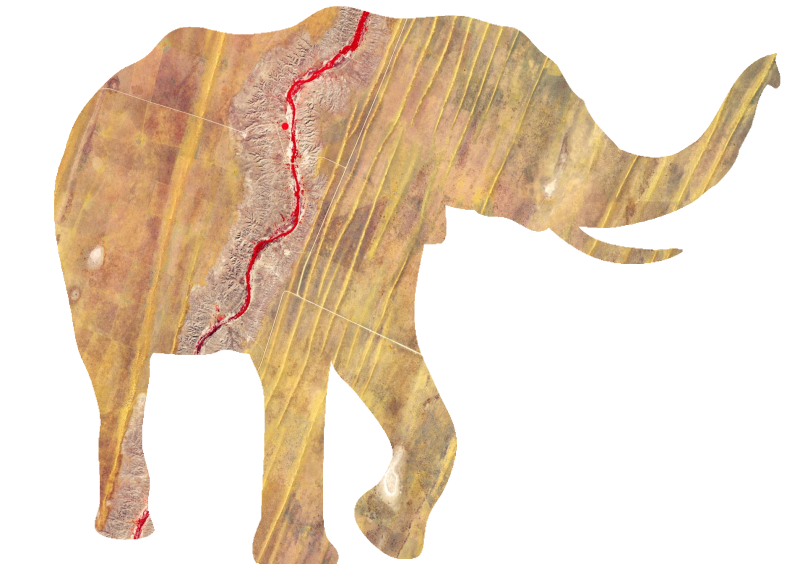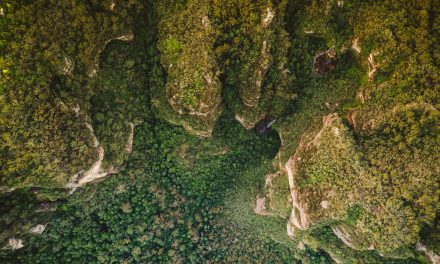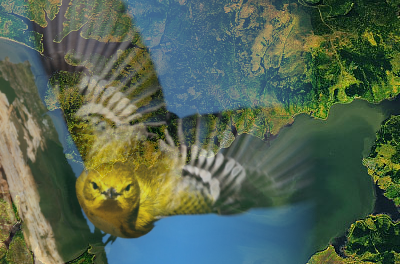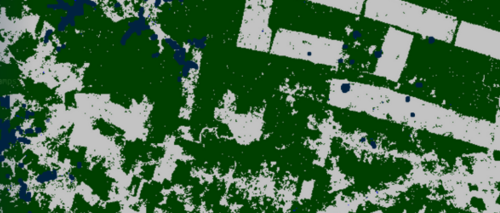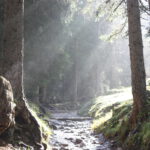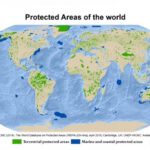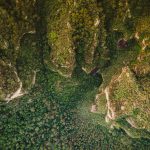UW-Madison: Postdoc position on remote sensing of snow and biodiversity
Overview: We are offering one 2-year postdoc position focused on remote sensing of snow and biodiversity, as part of a new NASA-funded project.
The project is a collaboration between the University of Wisconsin-Madison (B. Zuckerberg, V. Radeloff, and J. Pauli), the Cornell Lab of Ornithology (D. Fink), and the National Climate Adaptation Science Center (J. Carter). The goals of the project are to a) derive a suite of new remote sensing indices of snow, the subnivium, and thermal refugia that are relevant for biodiversity questions, and b) test these indices in species distribution models of birds and mammals across the U.S. The postdoc will be in charge of the first project goal, i.e., the remote sensing of snow, the subnivium, and thermal refugia.
Position: The appointment will be as a research associate. Salary is competitive and will be commensurate with experience, and health care benefits are included. The position is available immediately, and we seek to fill it by June 1st 2019 at the latest.
The position will be based in the SILVIS lab (http://silvis.forest.wisc.edu/) and co-supervised by V. Radeloff (http://silvis.forest.wisc.edu/staff/radeloff-volker/) and B. Zuckerberg (http://labs.russell.wisc.edu/zuckerberg/). The SILVIS lab is part of the Department of Forest and Wildlife Ecology at the University of Wisconsin-Madison (https://forestandwildlifeecology.wisc.edu/).
UW-Madison has a long history of excellence in remote sensing, ecology, conservation biology, and geography. The university ranks consistently among the top research universities in the United States. Total student enrollment is 43,000 of which approximately 12,000 are graduate and professional students, and there are over 2000 faculty. UW-Madison is an exciting place to learn and conduct research!
The city of Madison ranks as one of the most attractive places in the U.S. to live and work. For information about campus and city, please see http://www.wisc.edu/about/
Qualifications: We seek a candidate who works well in a collaborative setting and has excellent communication skills in English. Applicants must have completed their Ph.D. at the time of appointment, and should have published first-authored papers in peer-reviewed scientific journals.
We welcome applications from candidates with a background in geography, environmental science, forestry, or related disciplines. Demonstrated skills in the processing and handling of satellite imagery, large datasets, statistical modeling, and GIS are required. Experience analyzing wildlife or other biodiversity data, or in remote sensing of the cryosphere and of land surface temperature is a plus.
To apply: Please submit your application here:
https://uwmadison.co1.qualtrics.com/jfe/form/SV_dgno6mgD4OgPcsl
Submitting an application includes filling out a small survey, and takes approximately 15 minutes. It requires contact information for three references, and to upload (in PDF format):
– a 2-page cover letter summarizing research interests and experiences
– a Curriculum Vitae
– unofficial transcripts (both undergraduate and graduate, compiled into one file)
After reviewing all applicants, we will make a shortlist of our top candidates and ask for reference letters for those shortlisted candidates only.
The position is open to both U.S. citizens and international candidates. UW-Madison will assist with visa applications as necessary once offers are made.
The University of Wisconsin-Madison is an equal opportunity/affirmative action employer. We promote excellence through diversity and encourage all qualified individuals to apply.
Review of applicants will begin immediately, but the position will remain open until suitable candidates are found. Applications received by December 20th 2018 are guaranteed consideration.
